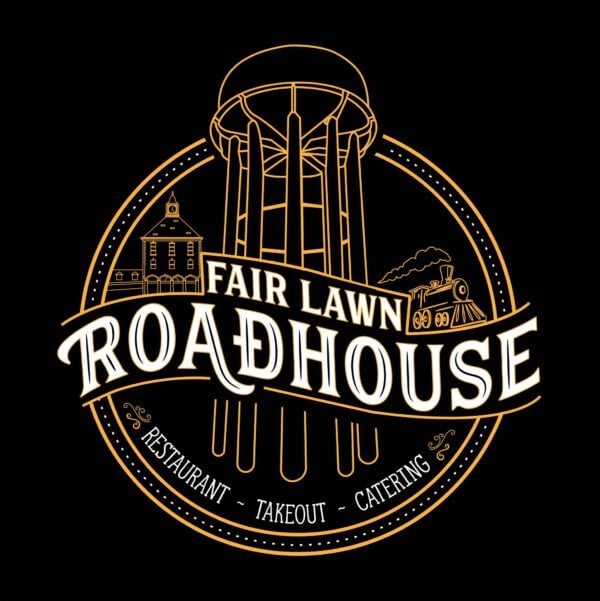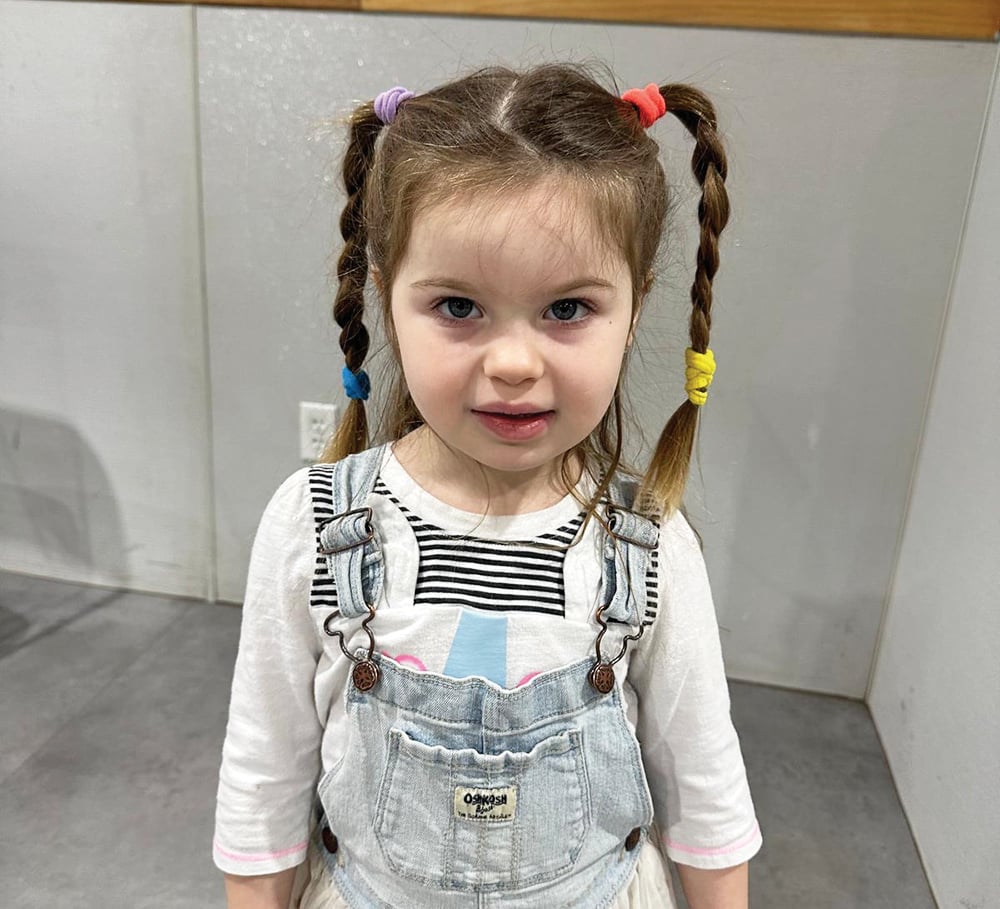

For a relatively young boutique winery, Delta seems to be making all the right moves. One of the keys to its quick success is its veteran winemaker, Yehuda Kamisa. Breaking onto Israel’s wine scene in 2019 with two 2017-vintage red wines, three 2018-vintage whites, a rosé and a dessert wine, Delta Winery has expanded its latest offerings to six reds and five whites in addition to two rosés and a dessert wine. Named for the fourth letter in the Greek alphabet and hinting at the winery’s vision, Delta signifies change in scientific notation. Each of the winery’s products takes its name from another Greek letter. Boldly packaged in distinctive bottles with standout labels and unique boxes, these wines truly leave their biggest impression once tasted. The aromatic and crisp whites and fruit-forward and well-balanced reds show the hand of a mature, well-practiced winemaker.
Kamisa, resident of the religious communal village Or Haganuz, near Meron, is just 20 minutes south of Dalton, whose eponymous winery Kamisa helped found and continued to manage for over 10 years. At Delta, Kamisa is applying lessons learned from his experience on Mount Meron: insistence on high quality, bold packaging and unique offerings. Some examples are Free, a no-added sulfite wine, and a dessert wine with the tongue-in-cheek name, Pi. He even managed to produce Kal, a dry cabernet sauvignon with only 10% alcohol, a difficult task in Israel’s hot climate. His restless genius continues to innovate, introducing first-class white and rosé wines, including a blushed sauvignon blanc and a rosé fume, produced by aging the rosé for six months in French barrels.
Situated in the Upper Galilee’s Dalton Industrial Park, most of Delta’s white and red grapes grow in the winery’s vineyard in Moshav Dalton. But Kamisa is also a big believer in integrating grapes from the Golan Heights and elsewhere in the Upper Galilee, which he sees as one viticultural region. “Golan Heights grapes give my wines their body, whereas the Galilee grapes give my wines their unique flavors,” Kamisa said.
Producing 60,000 bottles in its first vintage and well on the way to its 120,000 bottle goal, the boutique winery has been interested in the export market, especially the United States, from day one. In order to provide for the top quality needed to launch in the high-end craft winery market, a large financial commitment was made toward implementing the most advanced vineyard management techniques, acquiring the latest winemaking equipment and utilizing the finest French wine barrels. “Our goal is to make super premium wines, wines with great aging potential,” Kamisa shared. “I am not interested in producing inferior wines for the mass market. We are keeping the winery’s production relatively small so that we can ensure our quality.”
Sponsored Content
Shimon Oppenheim represents Red Garden Imports. Delta is part of his portfolio.
By Shimon Oppenheim













